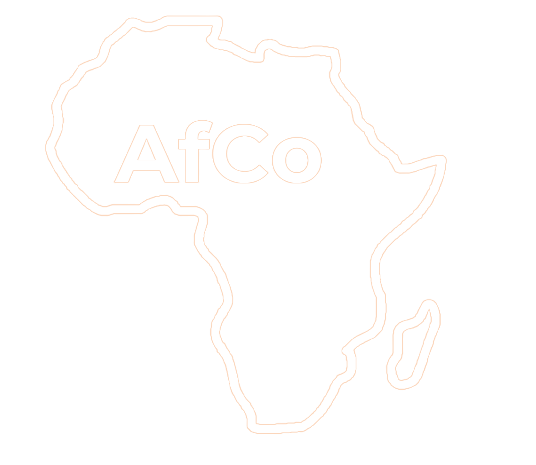Factors influencing clerics’ attitudes towards Qur’anic school reform in northern Senegal
Throughout West Africa, Muslim clerics are facing increasing pressures to reform their Qur’anic schools in the context of Education For All (EFA). This pressure comes both from above (the state, NGOs and international donors), and below (parent and student demand). Some clerics have adapted their schools while others strongly resist, yet there is a lack of nuanced understanding as to why this is the case. This paper uses an ethnographic account of two clerics in northern Senegal to argue in favour of a micro-level approach for uncovering the links between reform trends at national and international levels, and the views and actions of clerics as embedded within specific and localised dynamics. Findings demonstrate the need to investigate the actual degree of pressure to reform in a given context, as despite decades of policy development at national level, the impact and influence of these policies is not particularly evident in the context studied. Furthermore, Qur’anic schools which appear similar in form and content can be run by clerics with highly divergent attitudes towards the possibility of reform, hence the need to analyse, rather than assume, their positioning. Finally, clerics’ views about reform reflect their ideological preferences, but these orientations are deeply informed by their everyday struggles to maintain religious authority and ensure a livelihood in a competitive landscape. These findings have implications for policy makers seeking to promote the delivery of Islamic education in line with local demand, which is also compatible with clerics’ realities and priorities.
